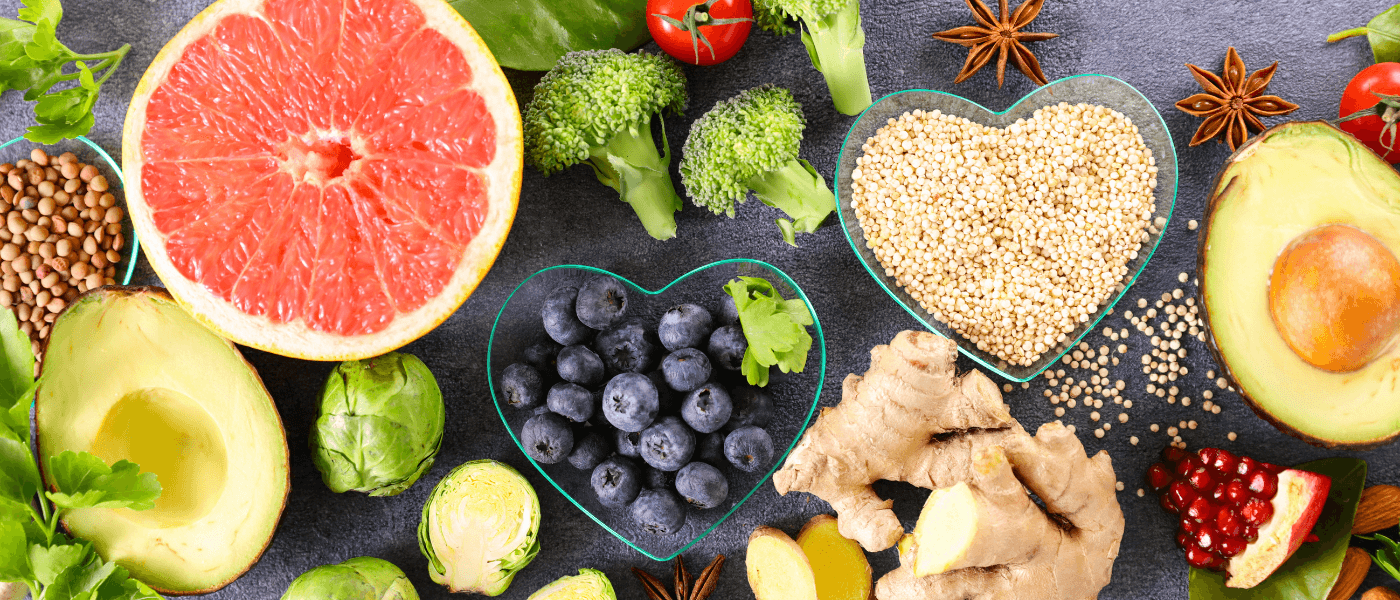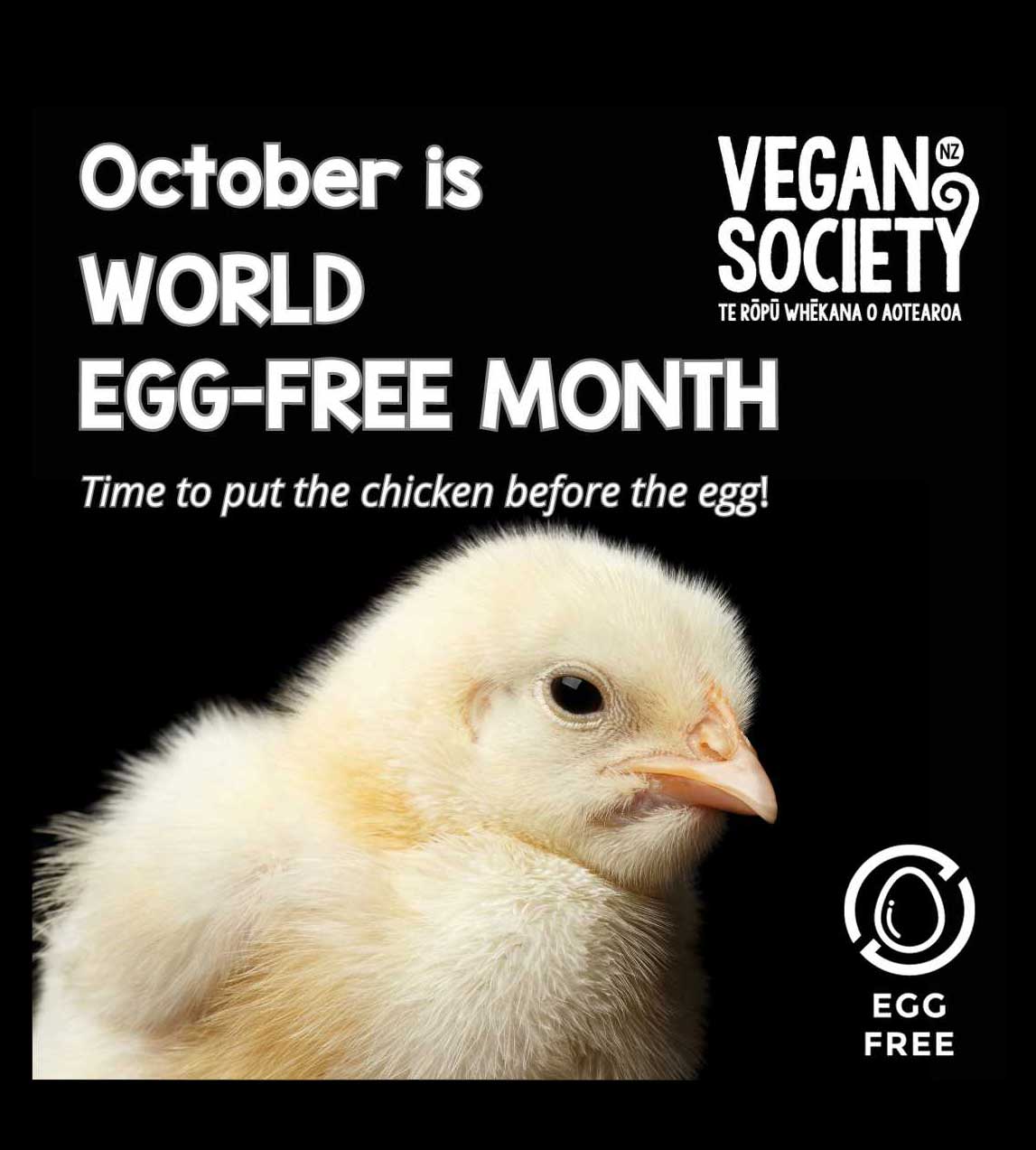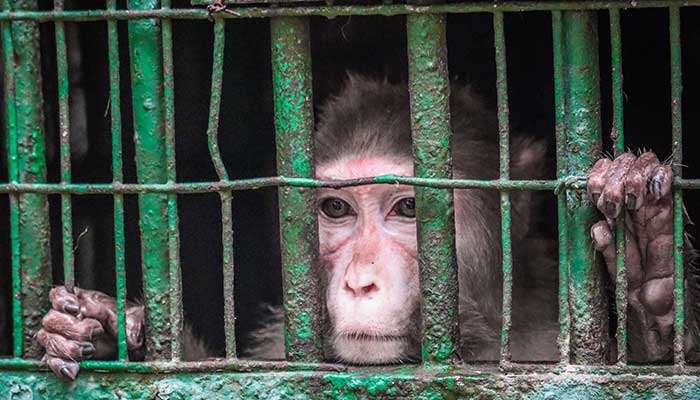October is Egg Free month!
- 2 October 2023
- The Vegan Society

During October we focus on putting the chicken before the egg and answer the age-old question 🙂 We say chicken first!
We’d like to introduce you to why we might want to avoid eggs and how to keep creating your favourite dishes without them.
Why not eat eggs?
The chicken’s body has been forced out of all recognition. In the 1970s the average egg laying chicken was laying some 80 – 150 eggs per year. Now the chicken lays on average 300 eggs per year!
It’s a huge toll on their bodies, resulting in misshapen organs, poor feather condition, osteoporosis and egg production declines after only a year. The chickens are then slaughtered and more take their place. Normally chickens can live for 6 years or so, thus they suffer drastically shortened lives.
What about eggs from backyard chickens who are looked after by people who love them? Whilst their living conditions are better it is still misappropriating a chicken’s natural egg production for humans. Feeding eggs back to chickens is good for them as they’re full of nutrients the chicken needs and this doesn’t happen if we’ve taken them away.
Poor conditions
Of course it’s absolutely miserable living in a cage and the “new” colony cages are little better than the previous cage restrictions, offering little more room (just the size of an A4 paper per bird), no decent perches, still standing in litter, still getting beaks trimmed, still kept inside, never to see the light of day.
They often suffer broken legs due to osteoporosis and can end up sitting and suffering in place for days as inspections in crowded cages are not easy.
Male chicks.
Just one day old, these unwanted babies are disposed of in the most horrific ways, shredded without anaesthesia, suffocated, or gassed. Up to 3 million chicks are discarded in these horrific ways per year in NZ alone.
We do not need eggs
Eggs contain 373mg of cholesterol and consuming just half an egg per day can result in a 17% increase to your risk of developing cardiovascular disease. There is no nutrient in eggs that we cannot get from plants. It is true that they contain a range of vitamins, protein, omega fats and choline, but none of these are unique to eggs.
The reason eggs are so nutrient dense is that they are designed to grow an embryo to a baby bird, ready to hatch and interact with the world. We are no longer hunter gatherers, striving to gain enough calories each day; on the contrary many of us have far too many and an over reliance on animal products is key in many health problems.
Detrimental effects of eggs
There has been much research to show that far from being healthy, egg consumption can lead to increased risks of cancer: recent studies found that the molecule called trimethylamine N-oxide (TMAO) which is produced by the consumption of animal products like red meat and eggs correlates with increased cancer risks.
The increased cancer risk starts at just small amounts of egg consumption: research in 2011 showed that a consumption of 2.5 eggs or more per week resulted in an 81% increase of lethal prostate cancer compared with a consumption of less than half an egg per week. A 2014 study found that those consuming more than 3 eggs per week were 25% more at risks to develop gastrointestinal cancer. In 2015 it was found that there was a 4% increased risk in breast cancer, 9% in ovarian cancer and 49% in fatal prostate cancer from consumption of 5 eggs per week.
A review of 14 studies published in 2013 found that those who consumed the most eggs increase their risk of diabetes by 68%.
What about cholesterol?
Eggs have been known to raise total and LDL cholesterol since 2002. However, due to egg industry funding we might be led to believe that this is not the case. In non-industry funded research 93% of them found that egg consumption increases cholesterol level whereas for industry funded research it was 86%.
Industry funded research was also inclined to present conclusions that were discordant with their findings, ie presenting conclusions that reported the egg has no negative effects, unlike the findings of non-industry funded research.
Egg Free Cooking
There are some really awesome ways to make all kinds of cakes, pancakes, waffles, pikelets, mayonnaises, meringues, omelettes, quiches, anything that you previously used eggs for.
There are so many different options for using eggs in baking, from applesauce to peanut butter. Many recipes such as this pancake one use oil instead of eggs. Check out our recipes section, including quiches, cakes, muffins, scrambled ‘egg’, aioli, and all those dishes you never knew do not require egg!
Yes, even vegan versions of hard boiled and fried eggs exist!
In Indian culture eggs have never been considered vegetarian, so you will find many great egg free dishes in Indian cooking. For more information of how to enjoy cooking without eggs see here:
https://www.vegansociety.org.nz/tryvegan/eggalternatives
After trying all these, you will wonder why people use eggs at all! Cheaper, easier and no cruelty involved, no cholesterol, with or without protein, so many healthier options.
If you’d like to learn more about kinder, animal, dairy and egg-free foods, why not jump on one of our 21 day challenges? You’ll meet lots of like minded vegan-curious and have access to resources and support.
Join a 21 day challenge.
Enjoyed reading this? We think you'll enjoy these articles:
Experts Say We Can Eat Our Way Out of the Climate Crisis 26 October 2023 The Vegan Society For the past five …
October is Egg Free Month
October is Egg Free month! 2 October 2023 The Vegan Society During October we focus on putting the chicken before the egg …
Legal Status for Animals as Individuals
Legal Status Sought for Animals as Indivduals 25 August 2023 The Vegan Society The Vegan Society of Aotearoa joins with World Day …




